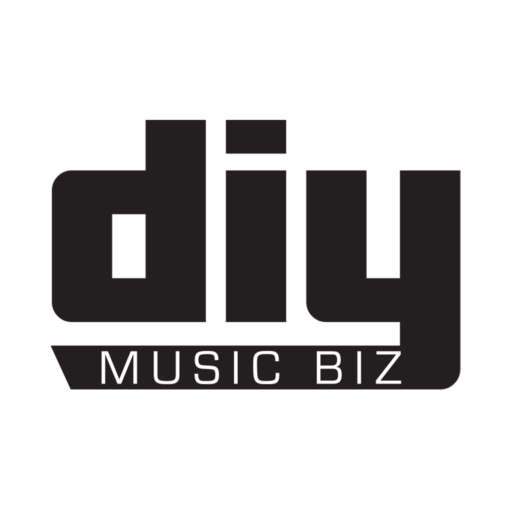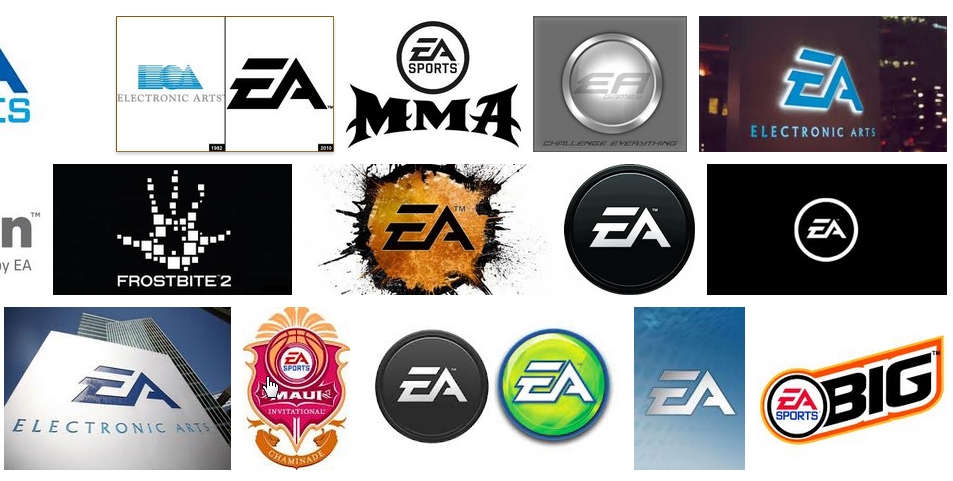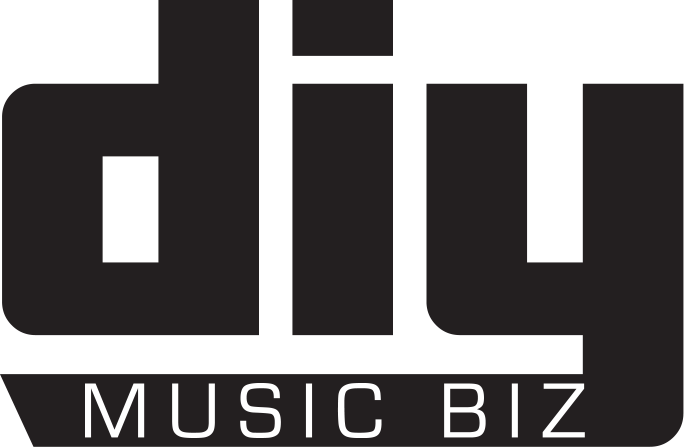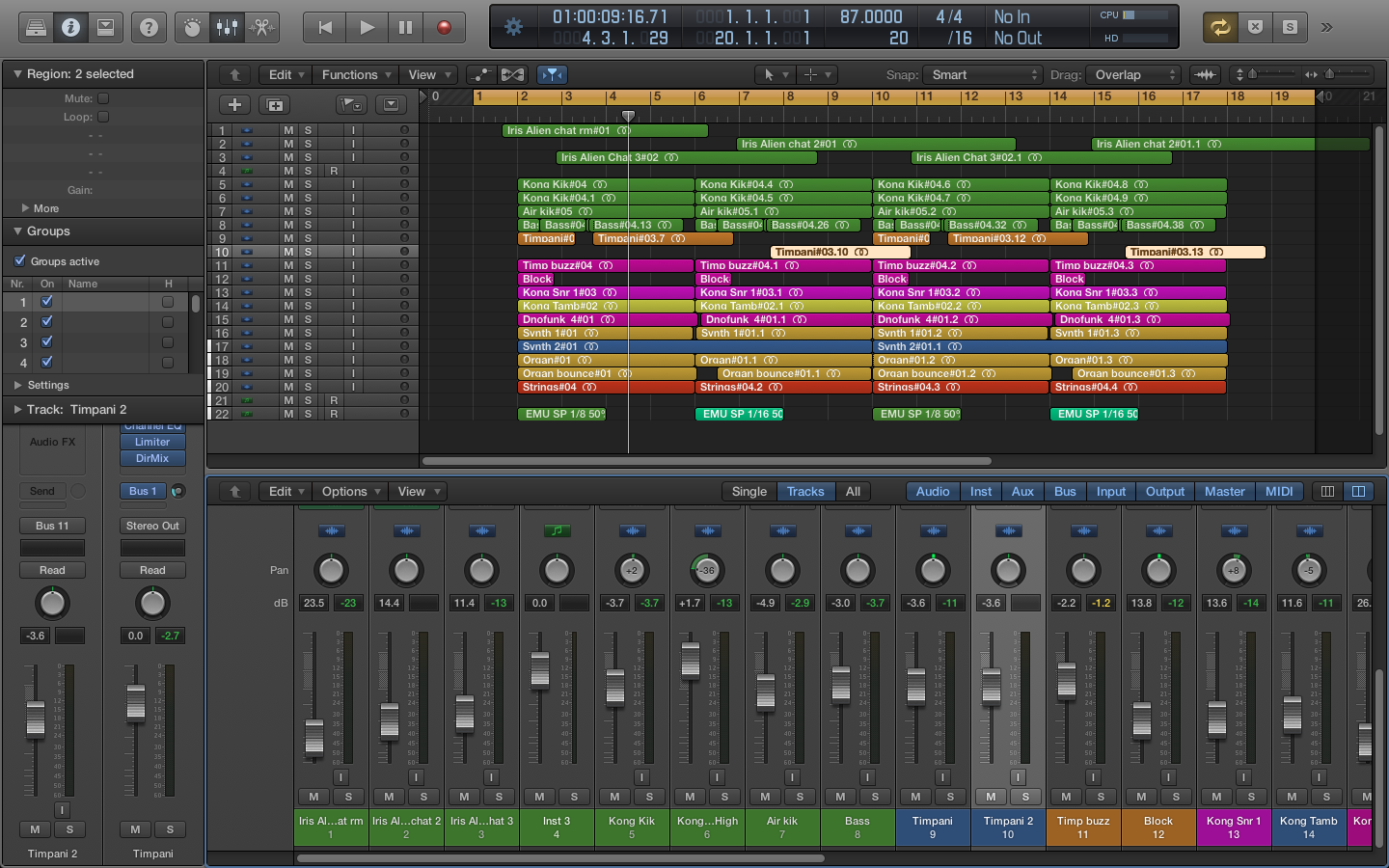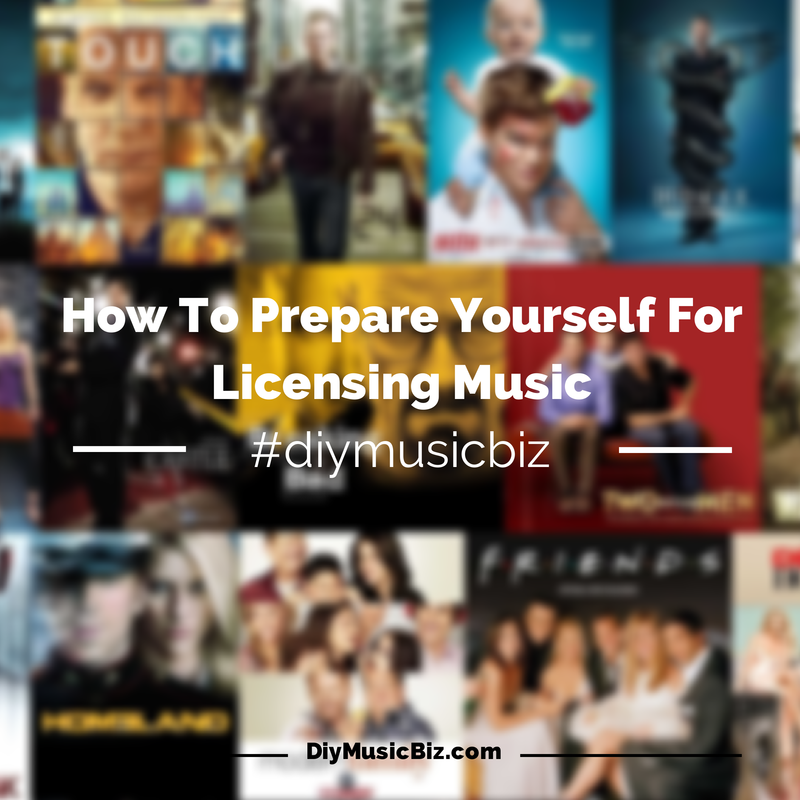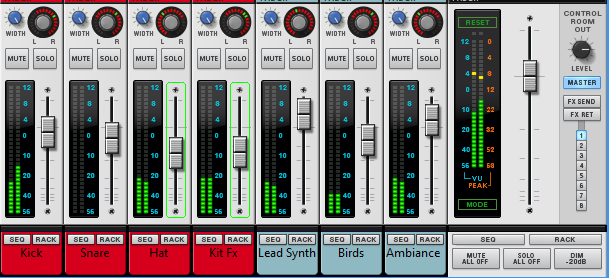For those of you looking to get your music placed in videos, here are some things you should know and consider. So, without further ado, let’s get right down to business.
 1. Know What You’re Getting Into
1. Know What You’re Getting Into
The most important thing you need to do is familiarize yourself with the gaming industry. You want to learn as much as you can about the company you plan on pitching to.
What kind of music is used for “x type” of video game? Is it mostly instrumentals or full songs? What genre of music do they use (mostly)? Look at the company’s franchise games. I would never send the music supervisor of John Madden Celtic music… It just doesn’t fit the game.
I research game titles that use styles of music I enjoy creating. If I’ve never played the game I do a quick search on YouTube, and most of the time I’ll find someone playing the game, which allows me to hear some of the music that’s being used. If that doesn’t work, I’ll go into an EB Games or something and play the game.
Most of the time the employees have a demo they can call up or even a kiosk with the latest games preloaded. Most will be demos, but that’s all you need.
 The gaming industry loves working with Indie musicians
The gaming industry loves working with Indie musicians
Somewhere in between the acts of creation and communication an Urban Legend was born. This Urban Legend claims that gaming developers are only interested in known artists/musicians.
This isn’t 100% true, I do believe within the creation process there may be some ideas/thoughts of having a certain piece of music to go along with the game, but if the music fits, the music fits (regardless of who the creator is).
In my experience, indie musicians have just as good of a chance of being placed as the majors – Given the music is of the same caliber production.
2. Build A Resume/Track Record
Before you contact anyone make sure you have a portfolio of your work. This portfolio can be full of songs, instrumentals, or previous game placements. I suggest displaying any previous gaming placements/film work that you’ve done over the years.
Sounds great Greg, but I have no prior game or video placements
Well, now it’s time to focus on getting some. Start connecting with smaller game developers, these guys are always in need of sounds/music for their video games. They don’t always have the biggest budgets (for music) and in some cases can’t afford to pay anything, but hey, it’s a start.
This will help you put together a nice portfolio that you can share with bigger companies/bigger clients (Midway, EA, etc).
Another thing you can do is strip and replace the audio from an in-game clip. This is a fun exercise, it allows you to see how your sound fits inside of the game, and it’s a quick way to build a demo reel.
3. Make Your Music/Portfolio Easily Accessible
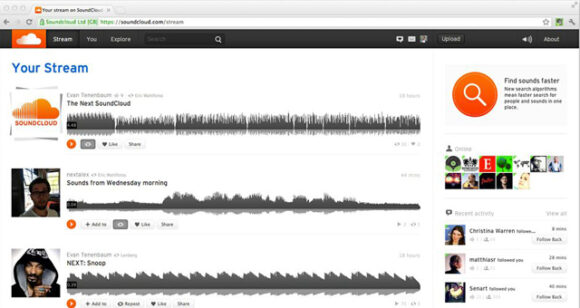 You want to make sure your music is accessible and easy to listen to. What I mean is present something streamable rather than something that must be downloaded…unzipped/unrared and then played.
You want to make sure your music is accessible and easy to listen to. What I mean is present something streamable rather than something that must be downloaded…unzipped/unrared and then played.
I know that’s not a lot of work, but music supervisors/audio directors, etc… are very busy people, and you have to take that into consideration. They’re nice enough to converse with you and willing to hear your music… make it easy for them to do so.
Quick tip – Make sure you have a clean/professional-looking website (you don’t need a designer for this). There are a lot of free resources out there that will host your music and supply clean/professional widgets and players that you can easily embed onto your website.
4. Be Flexible & Understand Your Role
Be flexible with your creativity and be willing to make edits to your music. Remember, you’re not the main event, you’re being contracted/hired to enhance someone’s project/vision.
Sometimes your music won’t be used the way it was originally intended to, and that’s something you’ll have to get used to. I remember working with a company called JoWood (before they were bought out), and it was to my understanding that my music would be used during certain action scenes, but that didn’t happen, instead, it was used during the character selection screen.
Did I agree with this choice? No, I didn’t, I felt the music was a better fit for an action scene, but at the end of the day it’s their project, it’s their decision.
The easier you are to work with the more likely you’ll be hired for more projects.
 5. Be Ready To Move Forward
5. Be Ready To Move Forward
Make sure you have everything in line to move forward on an opportunity. Let’s say a company was hyped on moving forward with a track I submitted. It would suck if I responded back with something along the lines of “I have to get my partner’s approval 1st”, or “I have to set up a new bank account or another method to accept your payment” or “hold on, mom has to show me how to do an invoice” etc.
These are just examples, but my point is the business side of things should run smoothly. You should have a way to accept payments, you should own the rights to the work you’re pitching and you should know how to create invoices.
If there were session players or collaborative partners that assisted with the music, then you need contracts and release forms signed!
I like being in control and having ZERO snags/hangs ups, which is why I do not collaborate with people I don’t know – Too much of a risk for me & I hate risk.
We’re all bound to make mistakes, but try to avoid as many hangups as possible.
Additional Tips To Ensure A Smoother Business Transaction
- Use Dropbox to deliver the project (unless advised otherwise)
- Make sure you back up multiple stages of the project
- Don’t let your intelligence overload your ass (be humble)
- Never be ashamed to mimic what’s working (music-wise)
Great Reading Material On Game Audio
Mixing Secrets: I think it’s essential for you to understand how to mix your own music. This helps you bring forth your sound as well as delivery higher quality material to your clients. It’s around $20.00, well worth it.
Music Libraries For Video Games: Libraries are one of the easiest ways to get placements in the industry for both TV & Video Games
Picture ChordBook: A cheat sheet every composer should have in the studio. What’s cool about this book is the keys and chords are laid out via color, so they’re easy to read/spot. $30.00 on amazon
Hopefully, this post helps, if you have questions or requests, you know how to reach me.
